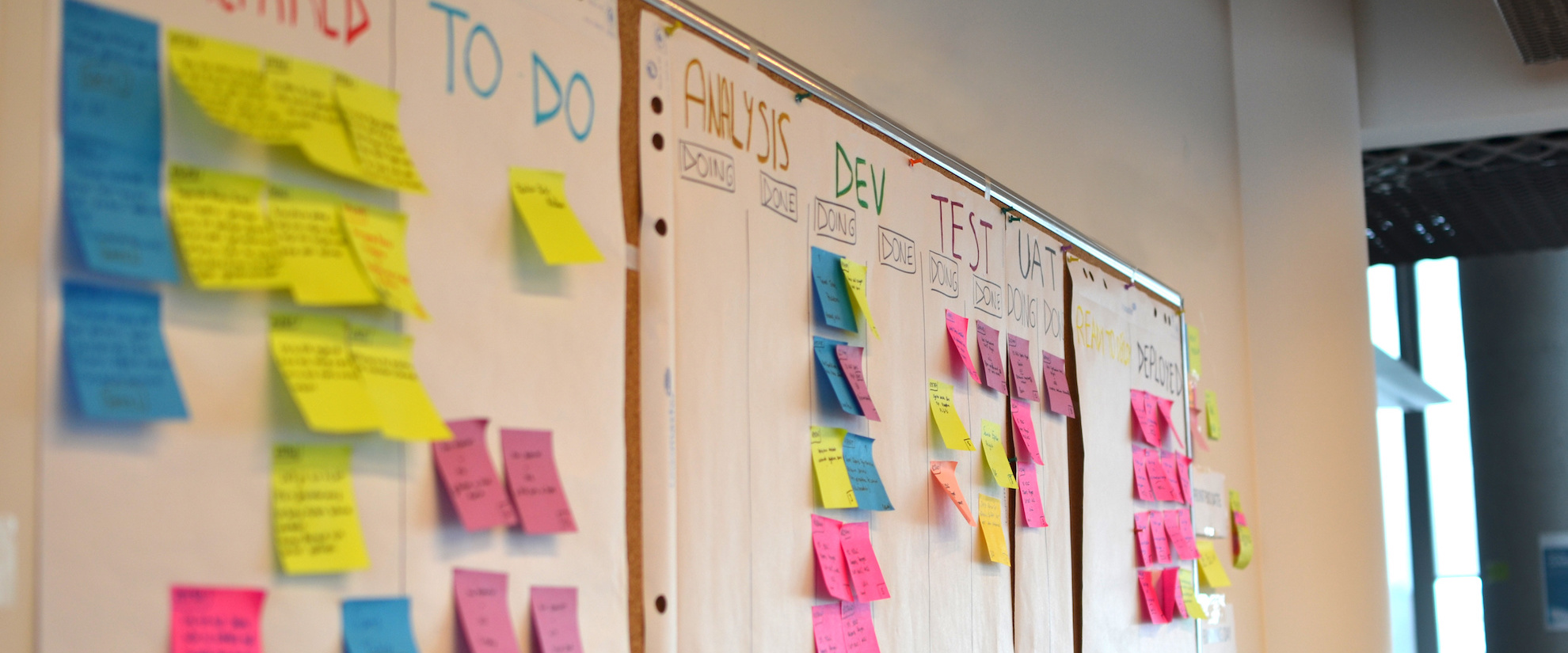Reset Momentum in 2023 with Lean Consulting
03 Jan, 2023 | By leslie@leanexpansion.ca

As a lean consultant, I’m already starting to collaborate with organizations that want to get ahead to 2023. While the worst of COVID may be behind us, CEOs still face epic challenges. The threat of a recession is looming, supply chains remain uncertain, and businesses in all industries are struggling to find and keep talented employees. To address all these and more, lean consulting remains one of the best tools available to CEOs looking for creative ways to maintain and build momentum in their organizations.
The goal of lean consulting is to help organizations determine the right amount of resources and human resources to get the job done—no more, no less.
Let’s look at operations, where lean consulting is most often implemented. The goal is to observe, map operations, and share what could be eliminated or improved to meet goals and objectives.
My process begins by carefully assessing and mapping each area of your process. I draw on various methods, including Sigma Six, Lean Start-up, Lean Digital, and the 4D process, to improve consistency and control processes. The approach is systematic and formulaic, with metrics to measure success, so you can tell if you’re making progress.
While lean consulting may have been born of Toyota Production, it can be applied to improve many areas of business—my areas of focus include policy deployment, executive consulting, design thinking (kaizen), and customer experience. And I’ve used these skills to collaborate in diverse industries such as aerospace engineering, consumer manufacturing, healthcare, software development, and agriculture.
Start the Lean Consulting Process
As a business consultant, I work with clients in North America. Projects typically kick off with a meeting to discuss goals and objectives. If the relationship feels like a fit, I begin by conducting an operational assessment. This may include interviewing team members, reviewing policies and processes, or even touring facilities. Clients will be presented with a findings report before we begin ideating strategies to improve efficiency and quality.
Benefits of Lean Consulting
Working with a lean consultant results in a range of benefits. Some of the most commonly enjoyed by my clients include:
Efficiency Gains
Removing excess resources and tasks makes improves operations and increases productivity.
Greater QC
Introducing consistency and systems doesn’t just make operations more efficient; it becomes easier to spot flaws. It’s possible to better detect and correct errors at the source, boosting customer experience, productivity and employee pride.
Improved Management
One of the most significant gains of Lean is for managers—a set framework of operations means clear paths for communication. Lean also identifies which areas need improvement, providing a roadmap allowing managers to focus their attention and eliminate distractions.
Improved Growth and Profitability
A subtle yet significant benefit comes from cost savings. Companies that always felt resource-strained learn to leverage existing processes, fueling growth at higher profit margins. There is so much potential when resources become unlocked.
Connect with Lean Consultant Leslie Barker
CEOs will need to find their footing amidst the mounting challenges of 2023. It’s not necessary to default into a game of survival. Lean consulting makes it possible to unlock hidden resources, focus strategically, and provide greater value. As a consultant, Lean makes it possible to thrive in 2023 and sets up a framework that will prove beneficial for decades.



